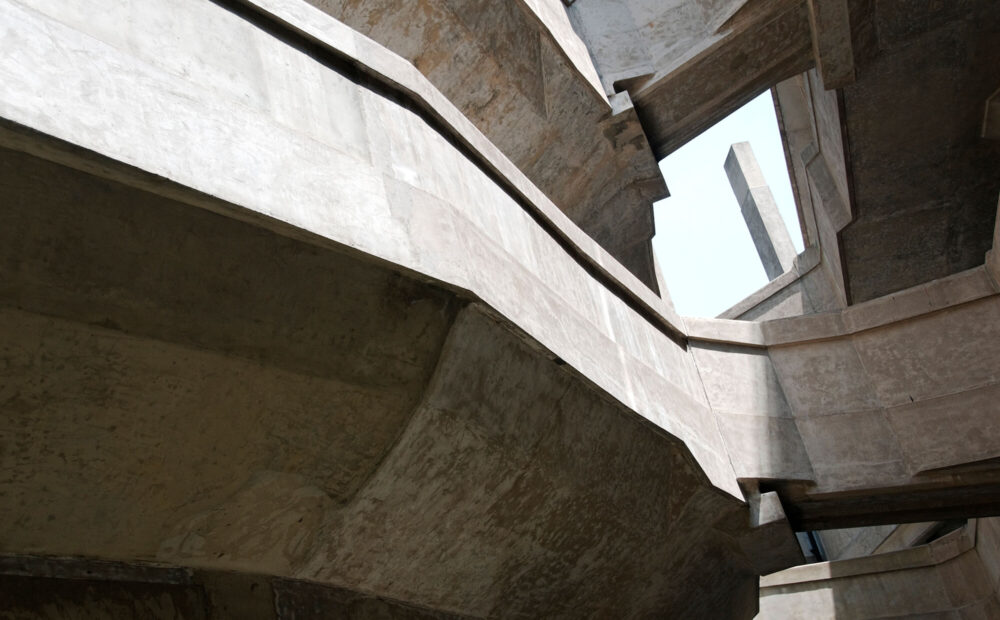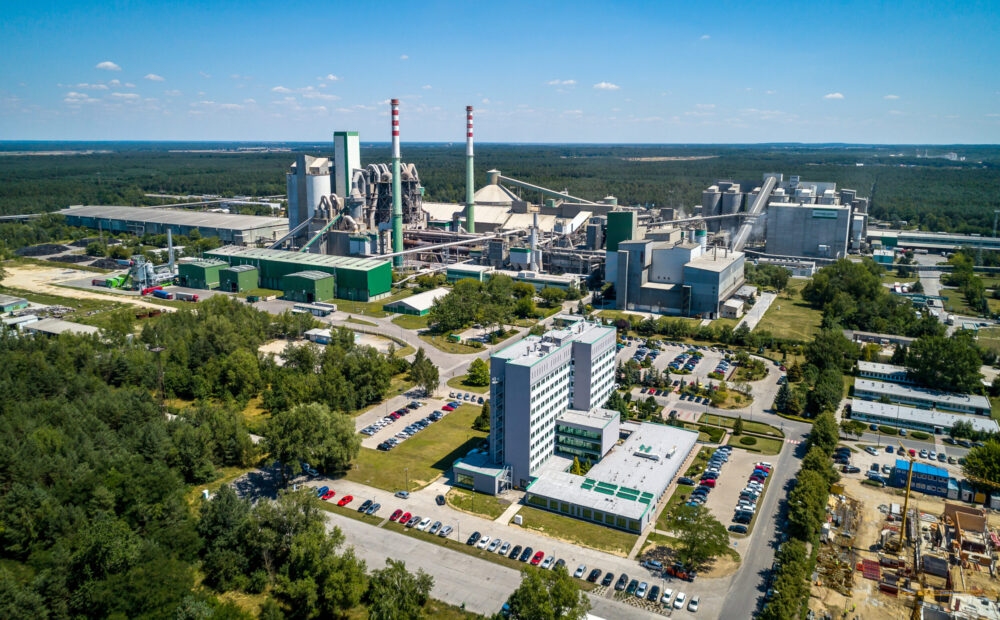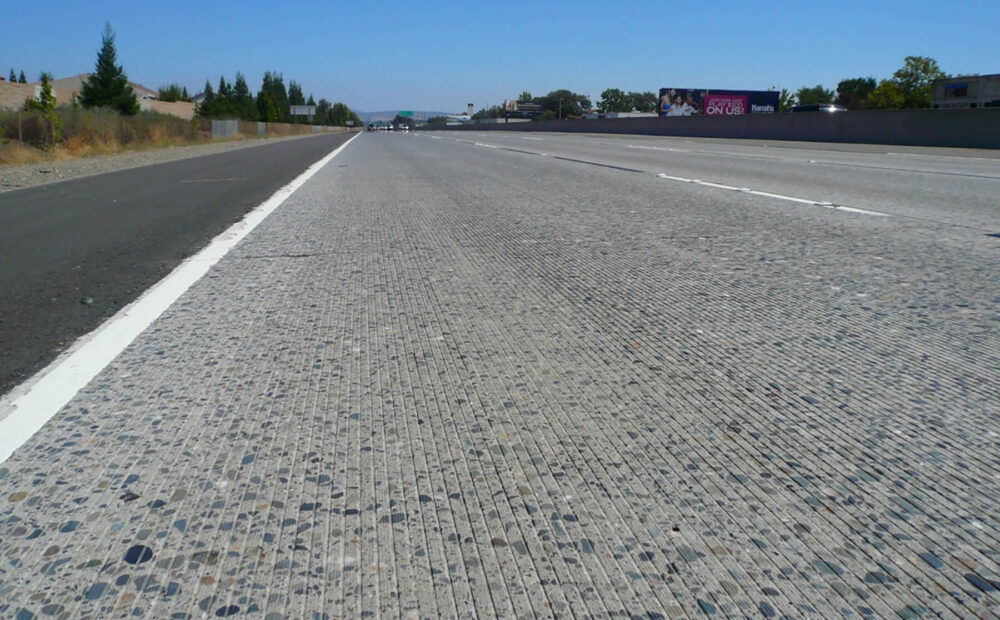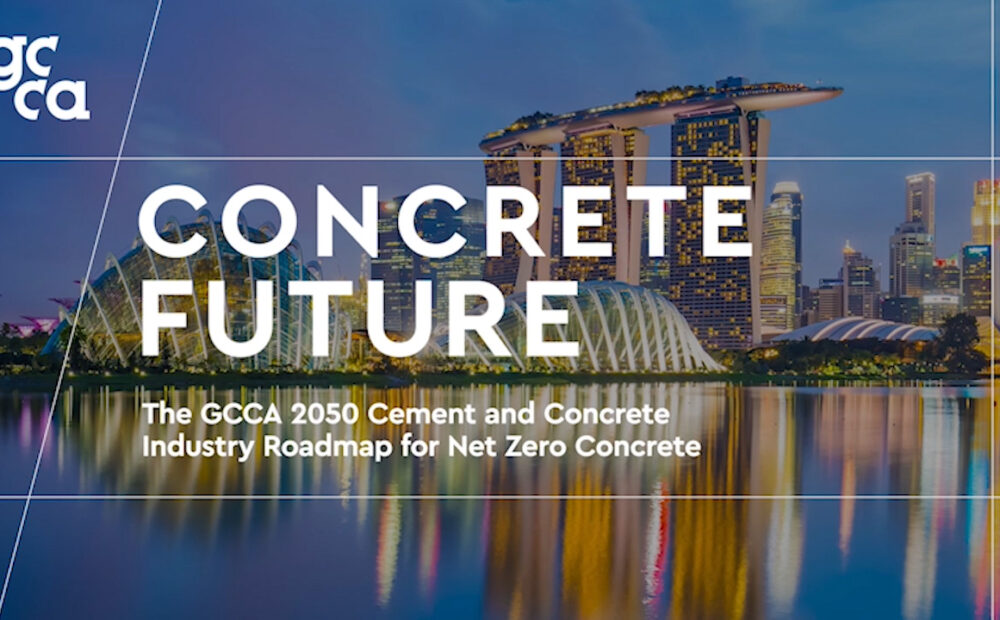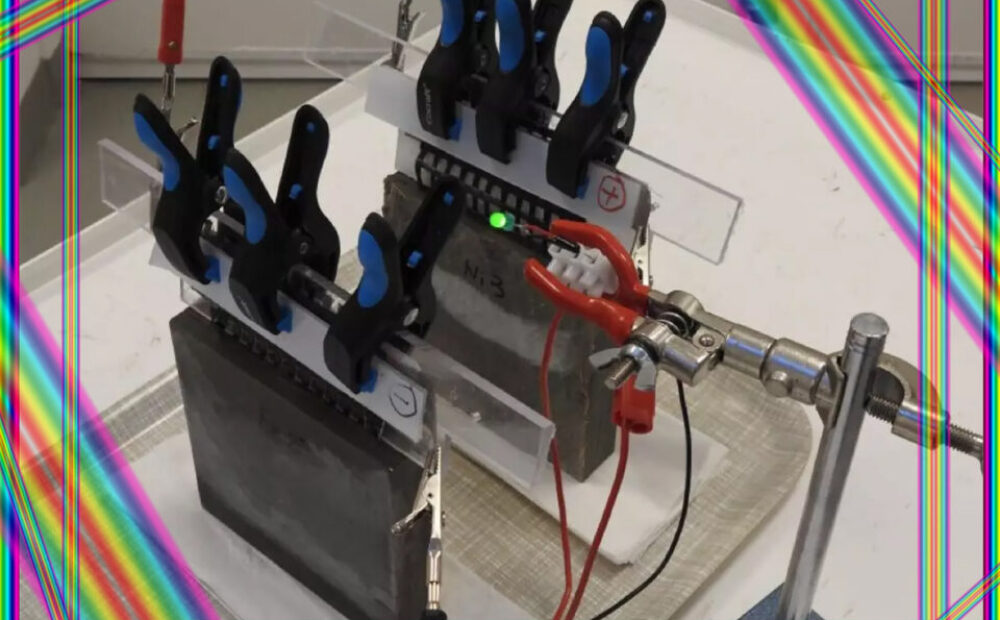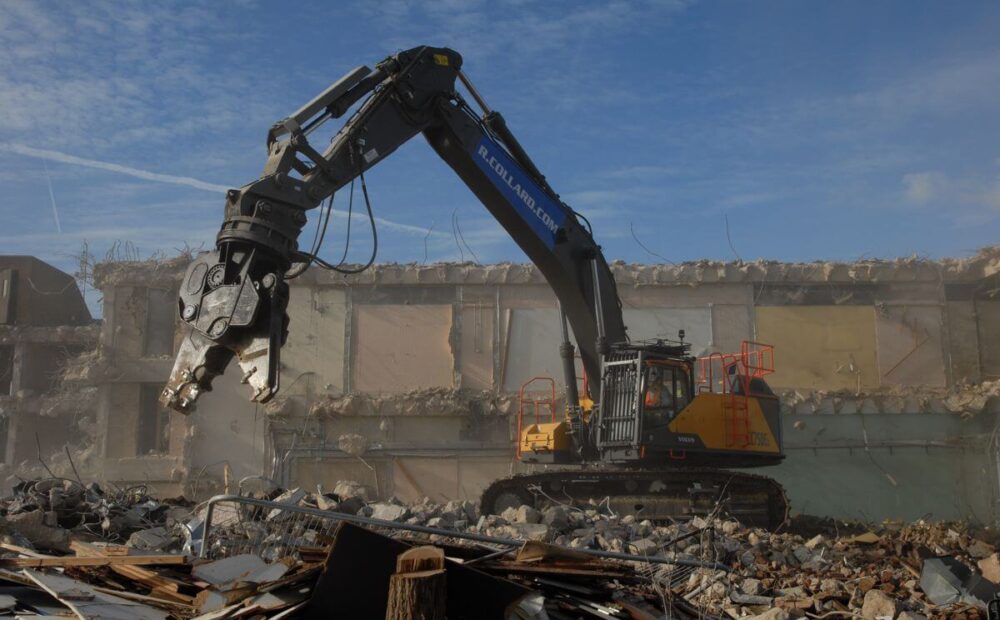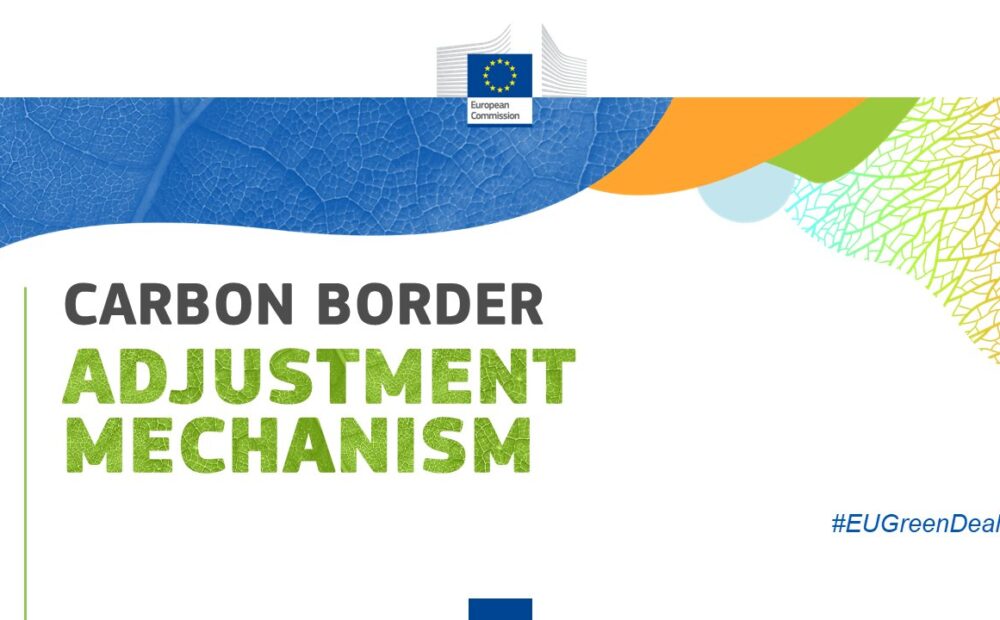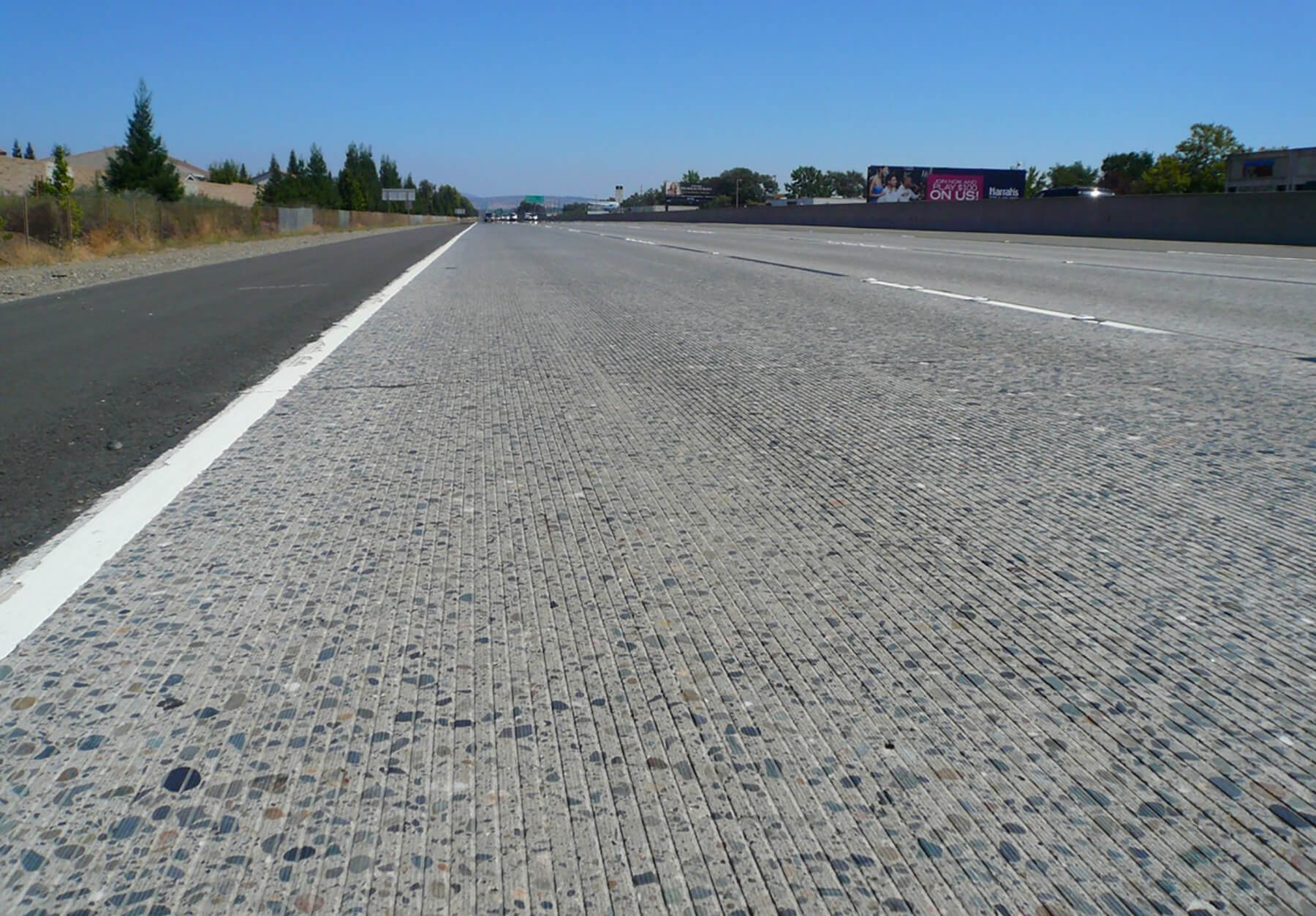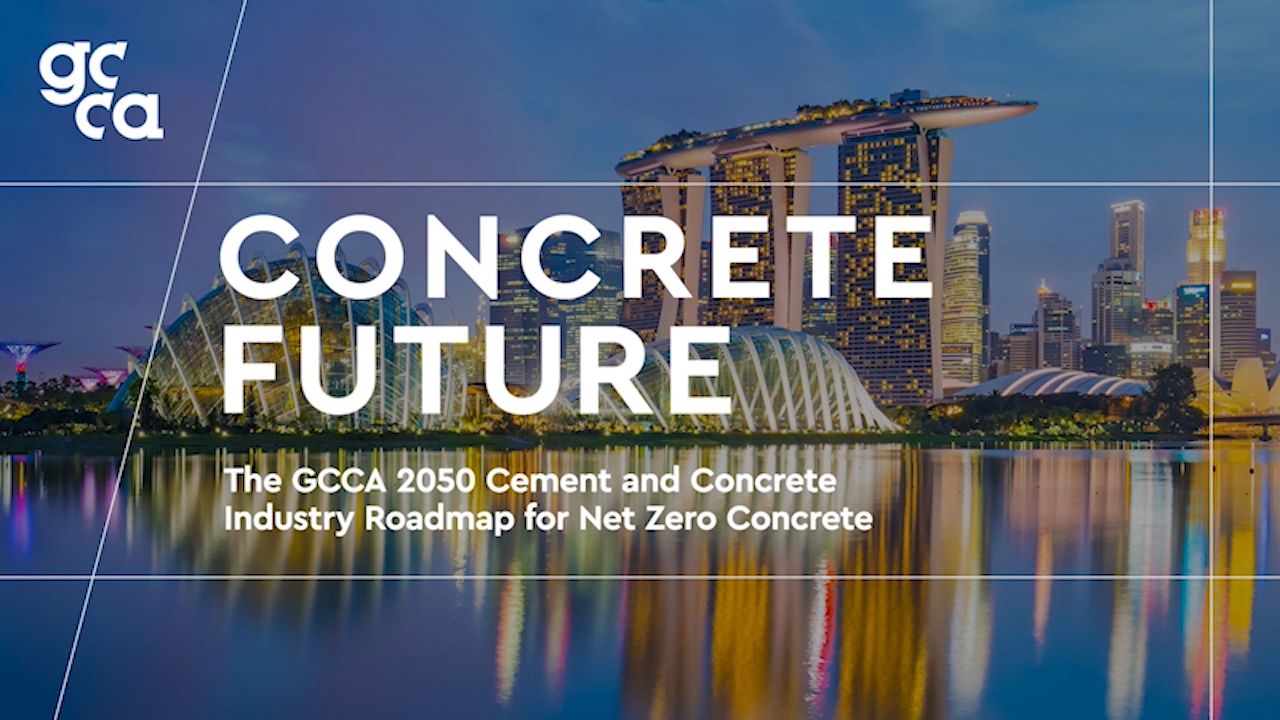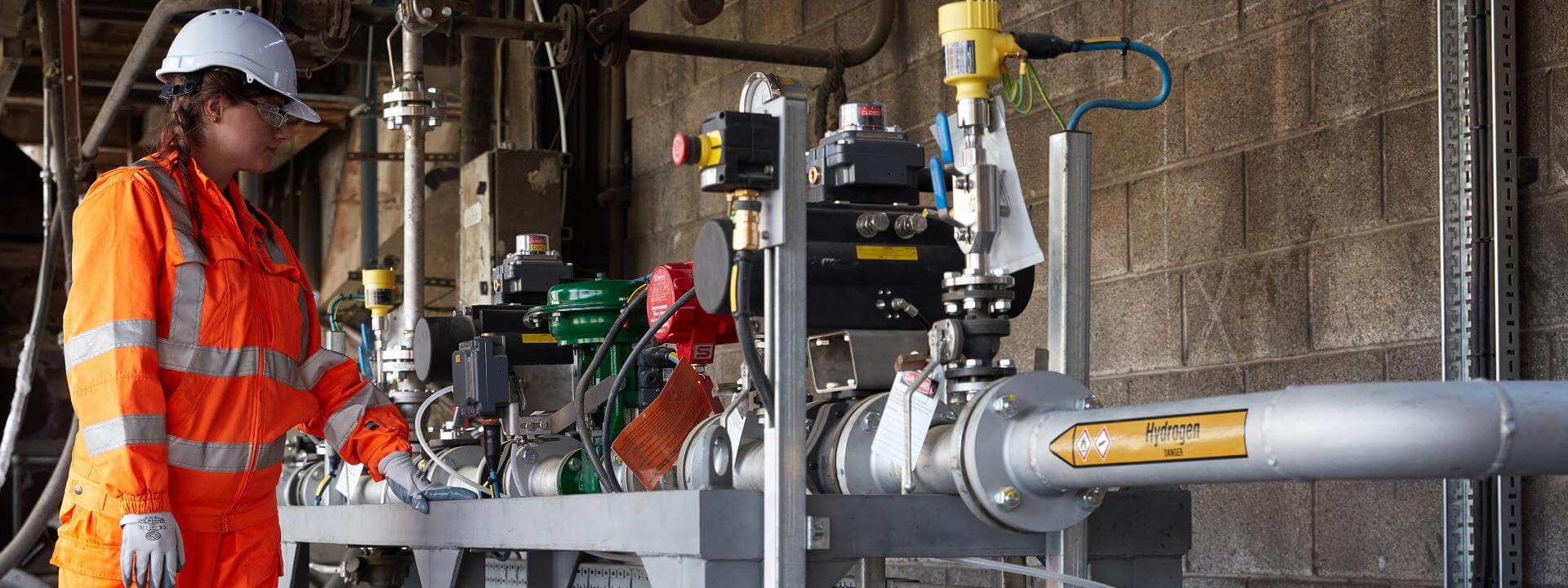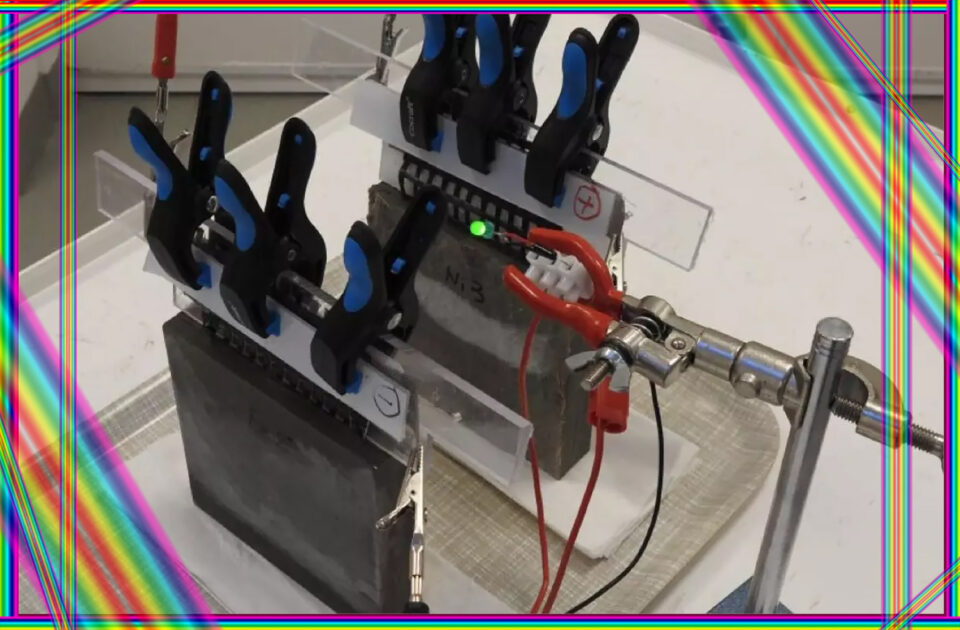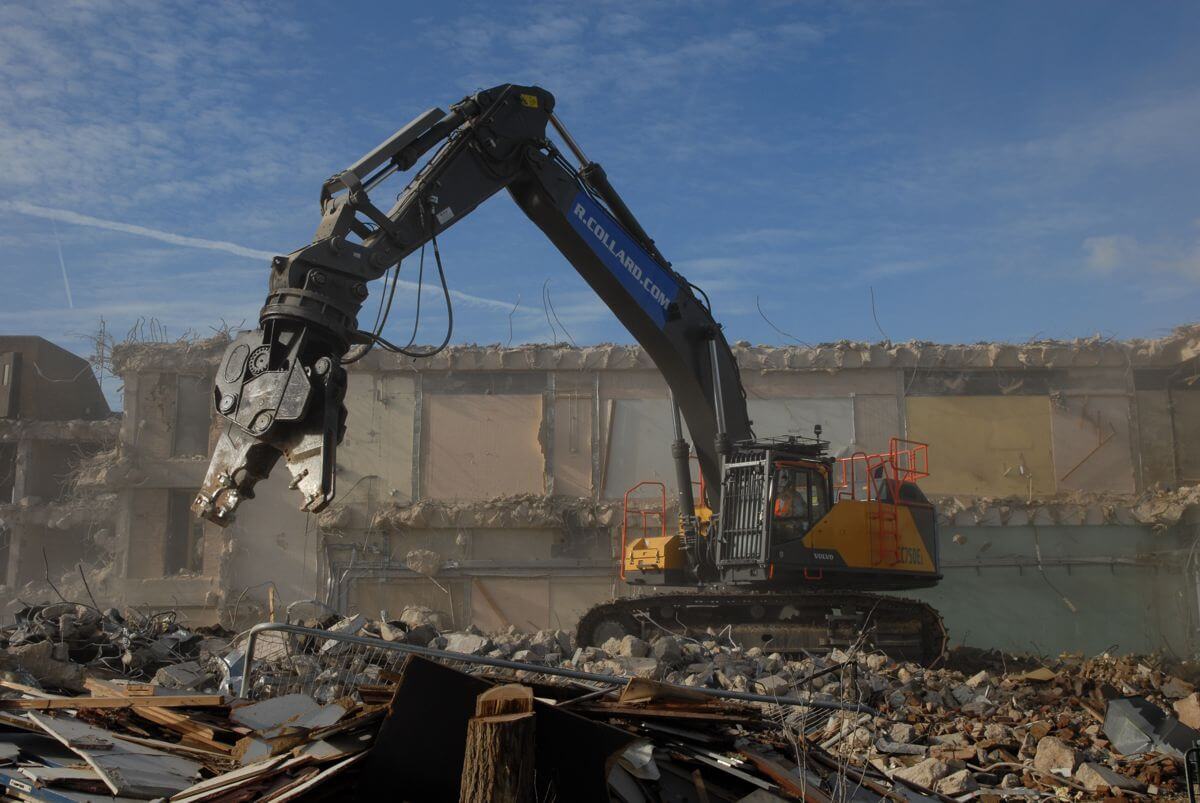Technology developed by Concrete4Change that can make concrete a carbon sink rather than carbon producer will be trialled and tested by researchers from the University of Warwick. The technology which could revolutionise the concrete industry on a global scale, has been showcased and won an award at COP26.
Continue reading-
Project ACCSESS
The further development of CCUS pathways is a central part of HeidelbergCement’s carbon neutrality roadmap. Project ACCSESS has been officially presented by the coordinator Sintef Energi AS from Norway. A consortium of 18 industry partners and research organisations will collaborate in a range of activities to speed up deployment of CCUS and link CO2 emitters from mainland Europe to the storage fields in the Nordics. The program of 18 million € in total was rewarded €15 million out of the EU Horizon 2020 budget.
Continue reading -
Concrete Roads and Climate Change
EUPAVE is a not-for-profit association, with the objective of promoting all aspects of cement and concrete products for transport infrastructure and related areas, and in particular the specific contributions of cement and concrete to road safety, fuel consumption, congestion reduction and sustainable construction, amongst others.
Continue reading -
Cement and Concrete Roadmaps
In the last two years, many road maps regarding the cement and concrete industry have been published on the basis of some countries and NGOs. Examining these road maps in detail and taking actions by the industry is extremely important within the scope of combating climate change.
Continue reading -
GCCA 2050 Cement and Concrete Industry Roadmap for Net Zero Concrete
The Global Cement and Concrete Assocation (GCCA) 2050 Cement and Concrete Industry Roadmap for Net Zero Concrete is the collective commitment of the world’s leading cement and concrete companies to fully contribute to building the sustainable world of tomorrow.
Continue reading -
Cement with Climate-Neutral Fuel Mix Using Hydrogen Technology
- A cement kiln at the British Ribblesdale plant of HeidelbergCement’s subsidiary Hanson UK has successfully been operated on a net zero fuel mix as part of a world-first demonstration using hydrogen technology
- Led by Hanson UK and the Mineral Products Association (MPA), the trial used a mix of 100 per cent climate-neutral fuels including hydrogen for commercial-scale cement manufacture for the very first time
-
Can Conrete Store Energy?
Scientists in Sweden conducted battery research that focused on making batteries store energy and double as structural components for buildings. The team demonstrated a novel cement-based battery that could see large structures built from functional concrete.
The research was executed at the Chalmers University of Technology, where scientists were developing more sustainable building materials, focusing on concrete, the world’s most widely-used, energy-intensive material.
Continue reading -
Recycling of Construction Materials
Every two years, the German construction industry’s “Kreislaufwirtschaft Bau” initiative publishes the latest data on the occurrence and origins of mineral construction waste and according recycling quotas on the basis of information from the German Federal Statistical Office.
Continue reading -
A Net-Zero World Needs Zero-Carbon Concrete
A sustainable, zero-carbon global economy will, literally and figuratively, rest on concrete. It is the world’s most-used building material. It is ubiquitous, versatile, affordable, durable, strong and recyclable – and is the second-most consumed substance in the world, after water. It will provide the foundations for our green energy systems, for climate-resilient infrastructure, for safe, healthy, and secure housing, for clean water and for low-carbon transportation around the world. It will be central to meeting many of the world’s Sustainable Development Goals.
Continue reading -
Carbon Border Adjustment Mechanism
On 14 July 2021, the Commission adopted a proposal for a new Carbon Border Adjustment Mechanism which will put a carbon price on imports of a targeted selection of products so that ambitious climate action in Europe does not lead to ‘carbon leakage’. This will ensure that European emission reductions contribute to a global emissions decline, instead of pushing carbon-intensive production outside Europe. It also aims to encourage industry outside the EU and our international partners to take steps in the same direction.
Continue reading
